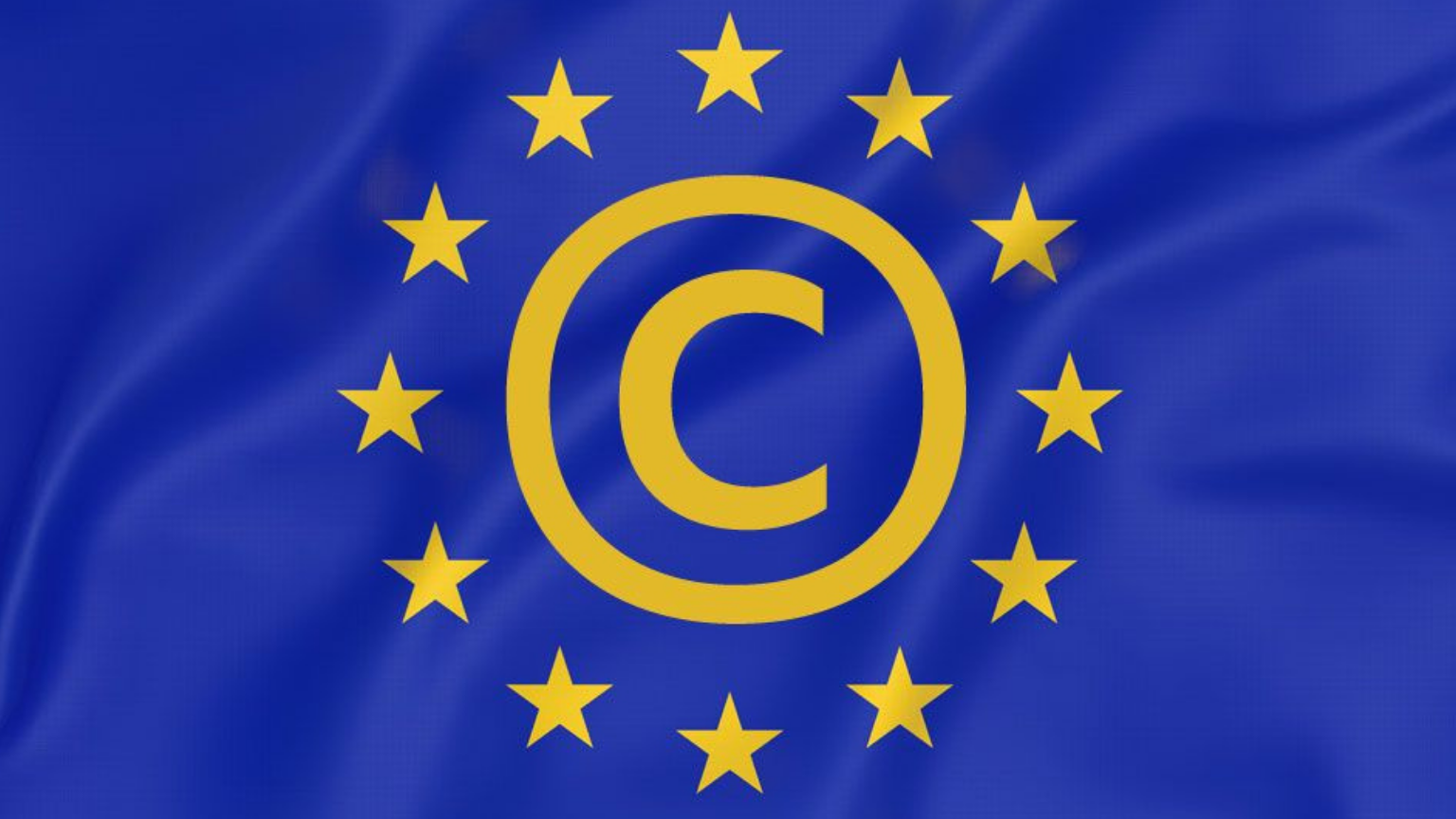EU’s Copyright in the Digital Single Market Directive, with its infamous provisions such as Article 17 (originally 13) is now a multi-year controversy that got free speech activists and ordinary citizens across Europe up in arms when it was first announced.
And even though June 7 was the deadline for member-countries to implement it, it is far from being settled from the point of view of the harm it can cause to free online expression in the bloc. While the EU insists the purpose is to better protect copyright holders, the core issue is introduction of “preemptive” mandatory upload filters without proper safeguards, that can lead to censorship of legal content.
The tortuous EU legislative process reached a milestone on June 4, when the European Commission revealed guidelines to its 27 members on how to implement Article 17, while protecting online users rights. And while the document, that is not legally binding, states that filtering should only apply to what are clear-cut cases of illegal content, it also ushers in what advocates see as “a massive loophole.”
It refers to giving rights holders the ability to “earmark” content, which could end up in platforms censoring it, including in cases of fair use. Content that according to the European Commission may be earmarked as economically viable is a new term in the realm of copyright enforcement, and there are fears that it may be little more than “a synonym for censorship.”
This would go against what has already been opposed in the European Parliament, i.e., a general obligation to monitor for infringing content, while at the same time introducing the likelihood of online platforms choosing to be on the safe side and filter “earmarked” content, to the detriment of their users’ free speech rights.
But some EU member states have not given up on their legal challenge to the Directive, with Poland going to the Court of Justice of the European Union and naming the European Parliament and the Council of the European Union as defendants in a case seeking to establish if Article 17 is aligned with the bloc’s Charter of Fundamental Rights.
Poland is seeking partial, or full annulment of the article. The ruling is expected on July 15.













